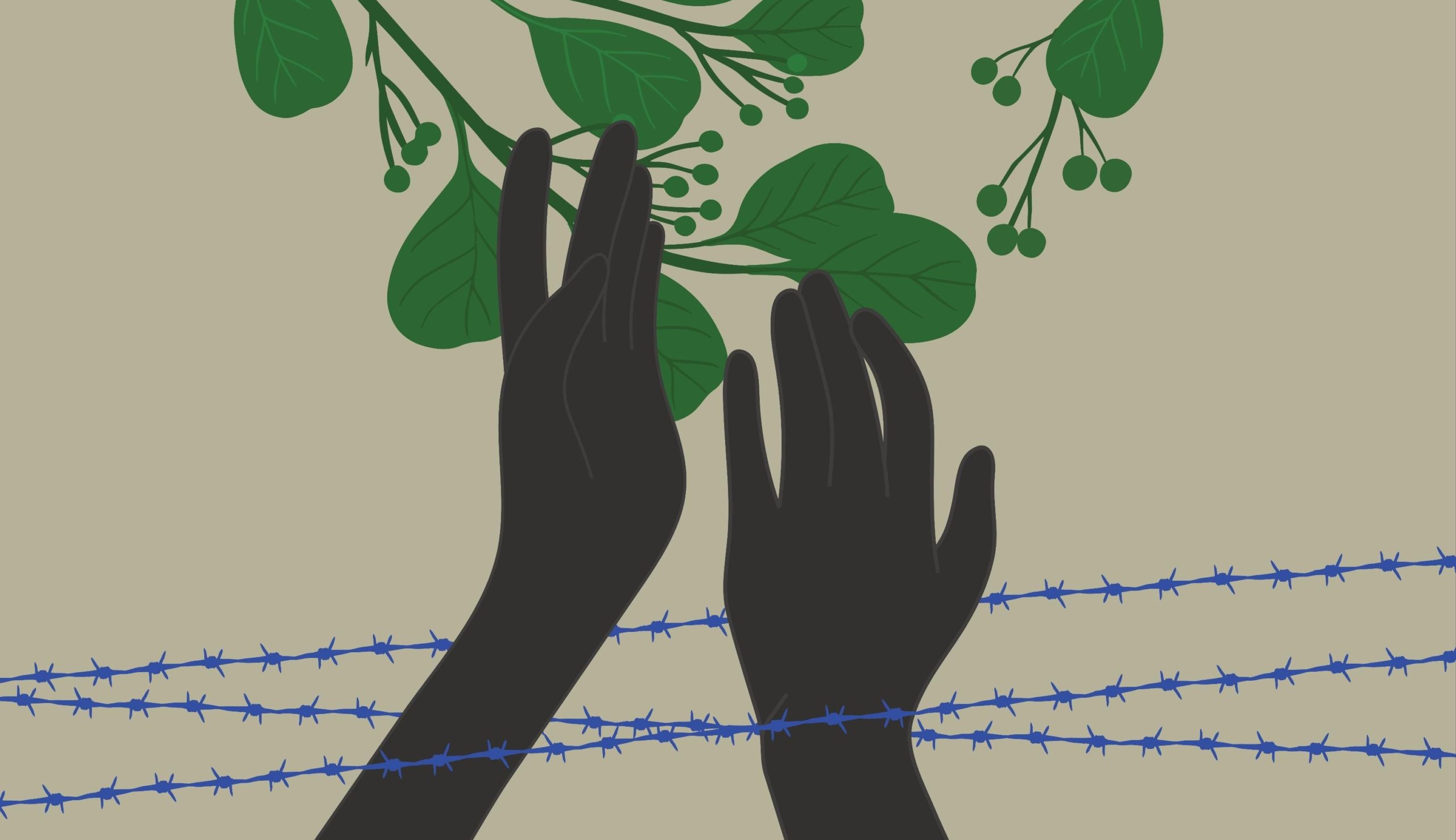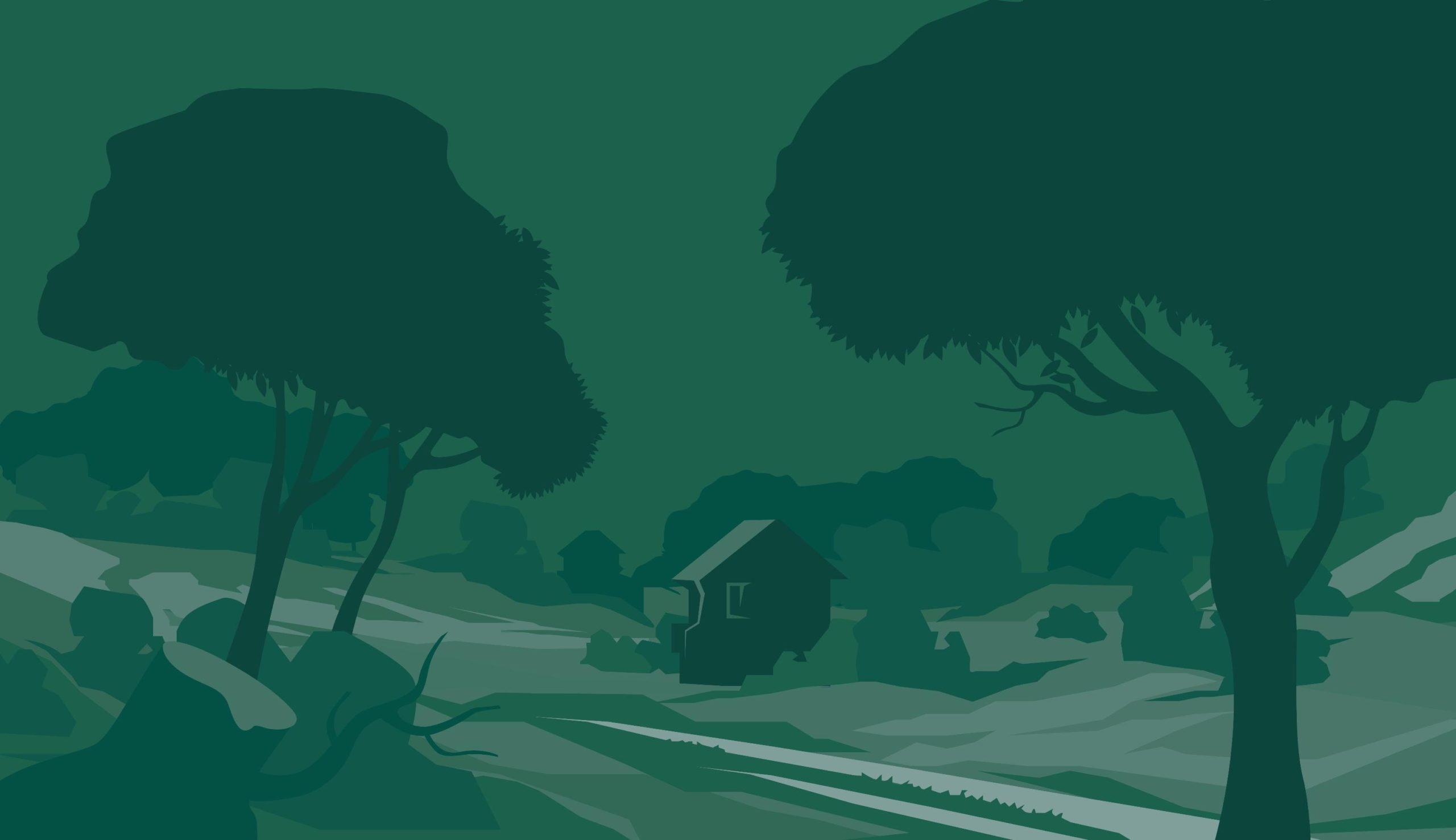Enlisting as a young man, François joins the maquis in the Cévennes
In Mazac, near the commune of Alès in the Gard department of southern France, François Fernandez and his friends often gathered around their teacher, René Pagès, a left-wing socialist militant. The latter had been outraged by the vote of certain socialist deputies in Bordeaux, where the government had taken refuge from advancing German troops. On 10 July 1940, this vote had given General Pétain unrestricted powers. François was 16 years old. His teacher and some friends from Alès organised themselves to integrate the Combat networks and swiftly campaigned to get local youth to join the "maquis" (the underground resistance).
After discussing it, François and three of his friends decided to join the secret struggle.
A small story to shed light on History
In the Fernandez family, the sons talked things over. François and Nicolas wanted to join the Resistance. But there was a big problem: the family's economic survival. They lived off the monthly salaries of three miners (the father and the two eldest sons, the twins François and Joseph). The third, Nicolas, had started his university studies.
They needed to know if the wages of Joseph and their father were enough to cover Nicolas' studies. Nicolas did some calculations and concluded that it was possible, as long as he found a small job in Montpellier. He also wanted to help the Resistance, especially on his travels from Montpellier to Alès. This was how he served as a "postman" for the Resistance.
François felt reassured and was thus able to join the maquis. He left one morning, pretending that he was going to work in the mine. He didn't dare tell his mother that day, leaving this to his twin brother and father.
The maquis
The maquis was established in the Cévennes region, specifically in the Vallée Française.
François' maquis name became "Toni". The members of the maquis (known as "maquisard") mainly trained for future combat and occasionally went out into the plain to stop a train or blow up a bridge. They notably targeted trains transporting coal from Alès to Germany.
Those in charge of the Combat made contact with other movements, quickly accepting the authority of Charles de Gaulle and Jean Moulin, and soon merging with the Gaullists.

The Bir Hakheim Group
Some maquisards formed what they called "the Bir Hakheim Group" , in memory of a glorious victory of the Free French Army in Libya. This group sought to act independently. When the German army ventured into the Cévennes, they refused to obey instructions from Resistance leaders, who were urging them to stay put so as not to endanger the population.
The group attacked this German detachment, then took refuge in the hamlet of La Parade, on the Causse Méjean plateau. The German army invaded the village and locked its inhabitants in the church, intending to set fire to it (as in Oradour-sur-Glane). It seems that a resident told the Germans exactly where to find the Bir Hakeim Group. Its members fought valiantly but were all killed. With help from the Resistance, the villagers erected a war memorial in their honour at the entrance to the village.
On this same plateau of Causse Méjean, a very basic landing strip was built by all the networks to supply weapons to French and allied planes at night.
Fighting for Liberation at Saint-Just-et-Vacquières
The other Resistance networks, which had been in hiding, were soon taking part in the final battles. They were tasked with a rear attack on German troops fighting the French army that had landed on southern beaches. On this occasion, François witnessed death up close. He was operating a machine gun with a comrade. The noise was deafening. Suddenly, François realised that he could no longer hear the sound of the weapon. He turned to see his comrade lying in the grass with a hole in his forehead from which blood trickled out.
Joining the army of de Lattre de Tassigny in Nîmes
Most of the German troops managed to flee north, but the maquisards took a few prisoners to Nîmes, to the Free French Army of de Lattre de Tassigny. Some of the Resistance fighters stayed behind to watch over the bodies of their fallen comrades and deliver them to their families. In Nîmes, they learned that these German prisoners were mostly "Malgré-nous" ("Against our Will"): people from eastern France who spoke German (like the young men from Alsace who were sent to fight the Russians).
In Nîmes, François and his friends from Mazac enlisted in the French army and continued the fight. The maquisard Toni became the soldier Fernandez.
Fighting in the Vosges
Violent combat took place in the Vosges, in the eastern region of Alsace, where the Germans tried to hold their ground.
François, a peasant at heart, was struck by the fertile Alsatian land and became friendly with a family of farmers. He often commented: " The people of Alsace are an odd sort: they speak German but claim to be French". When crossing the Rhine in 1945, François once again had a close brush with death. From his boat, under German artillery fire, he saw a bomb fall on the neighbouring vessel and watched a soldier drown, recalling that the man could not swim. The few hours of that crossing felt very long indeed.
The Occupation of Germany and the Liberation
He rarely spoke about this period. François' comrades were busy managing the French occupation zone and had little contact with the German population.
At the end of the war, the army asked its soldiers to choose: either go back to France, where workers were needed (especially in the mines), or go fight in Indochina. For François and his three friends, it was an easy decision. They would go back home, because while the mines awaited them, so did the southern sun.
He went home by train with his friend Charrière, via Paris. Charrière had family there, so they stopped off for a day or two. They were astonished by the Parisians who went about wearing suits and sometimes ties, yet lived in extreme poverty. Charrière's parents had sold their furniture for food and sat on crates. They realised that under the Occupation, French people in the countryside had lived much better than those in cities.

and Jeannette
Arriving back in Mazac after the German capitulation of 1945, François was reunited with his family. He was still wearing his soldier's uniform, a great source of admiration for his little brother Pierrot, born during his absence.
While he was away, Jeannette, a neighbour who lived opposite his parents' house, had become his "wartime godmother", or pen-pal. This was an initiative of the Resistance, helping to nurture ties between soldiers and French citizens. François had known Jeannette since childhood, a time when they would playfully throw pebbles at each other while hiding among the vines. And, like in any fairy tale, they wed and had two children, André and Nicole.


